Feature photo: flags of Ukraine and the EU | open-source
This opinion piece was written by John Marsia, President of the European Society for Defense INPV (S€D), Guy Buchsenschmidt, Vice President of the S€D, Bruno Smets, Emile Peeters and Roland Guebel, all three S€D directors, together written.
President Putin has invaded Ukraine since February 24, 2022, in violation of the most basic rules of international law. Many Europeans are frustrated by the West's relative passivity in the face of this aggression, which has seen Ukrainian soldiers and civilians killed by crazed Russian troops. These Europeans are angry but not surprised: our military stood by and watched the massacres in Vukovar and Sarajevo, leaving the Rwandan people to a cruel fate. They know that our options for action are limited. The veto by Chancellor Merkel and President Sarkozy at the 2008 Atlantic Council in Bucharest means that Ukraine is not part of NATO, which can only intervene when a global conflict threatens. This could quickly become a nuclear problem as Russia has threatened to use these weapons in the event of Western intervention. The Atlantic Council can only voice its disapproval, but the presence of NATO troops in countries bordering Russia, even if limited to a few thousand troops, including Americans, is increasing the pressure of Western economic sanctions.
The UN has overwhelmingly condemned Russia, but Russia doesn't seem to care: it is by no means isolated, China, India and much of Africa didn't vote for it. The European Union (EU) manages to remain united. For once, she reacted quite quickly. The contribution of the European states is significant: even Germany and Belgium have sent arms and ammunition to Ukraine, which represents a radical change of course. For the first time, the EU has activated its European Peace Facility to purchase arms worth €450 million and medical supplies worth €50 million for Ukraine. European airspace is closed to Russians, Russia Today and Sputnik are banned. The West has imposed economic sanctions on an unprecedented scale: banning visas, freezing the assets of dignitaries close to the Kremlin, suspending Russian exports to Western countries except for diamonds, gas and oil, banning Russian banks from the international payment system. The list is long and the implications for the daily lives of Russians and Westerners are likely to be significant. Putin probably doesn't worry about that. The suppression of opponents, the gagging of the press, propaganda and disinformation have served their purpose. The "regime" can count on the support of the Russian Parliament, otherwise the MPs would be sent to the Gulag...
Thanks in part to Western aid, the Ukrainian resistance is combative; the Russians appear to be stagnating in the north: a Russian tank column has been standing still on the Kyiv road for several days. Ukrainians show an admirable will to defend their country, even if it costs them their lives. Fathers bring their wives and children to the Polish border before going into battle, knowing they are unlikely to see them again.
The consequences of this invasion will be dramatic. The Ukrainian soil is soaked with the blood of his children. Those who cannot or do not want to flee do not have it easy: they have to find food, access to drinking water, medical care, heating, shelter and a new place to live. Almost a million refugees are already on their way to Western Europe. According to the UN, their number could rise to 5 million. The admirable solidarity of the Poles, Slovaks and Romanians who are at the forefront to welcome them deserves praise.
This tragedy made President Zelensky a statesman. He was democratically elected in a very fair and transparent process, with the pro-Russian separatists receiving less than 10% of the vote.
Putin has revealed his true nature: he is the purest product of the Soviet regime and especially the KGB. No doubt he experienced the fall of the USSR as the collapse of the system he had diligently served and which in turn enabled him to rise. A good tactician, a professional liar, a calculator and a feared manipulator, he won President Yeltsin's favor and eventually succeeded him. He has been in power since 2000 and passed a constitutional amendment in a 2020 referendum that would allow him to run for two more terms. This mysterious and impenetrable man also has a paranoid side. He feels that if he relinquishes power, he will not be able to enjoy a peaceful retirement.
Following the accession of nine satellite states of the former USSR, including Poland and the Baltic States, to the EU and NATO, Putin expressed a deep sense of real or feigned insecurity at the 2007 Munich Security Conference and the 2008 Bucharest Atlantic Council, which he attended . In doing so, he may be trying to hide his desire to restore Russian dominance over these states. He finds Ukraine's membership in these two organizations completely unbearable, because this democratic country encourages Russians to challenge its dictatorship. He has always said that he needs a buffer zone between Russian territory and the West.
On February 26, 2022, Putin threatened Finland and Sweden with "military consequences" if they attempted to join NATO. He has now called on the Finnish government to commit to a policy of military non-alignment, which he sees as a key factor in ensuring security and stability in northern Europe. The next day, according to an opinion poll, for the first time a majority of Finns were in favor of NATO membership.
After failed attempts to get the West to deny Ukraine NATO membership, Putin shifted up a gear: Ukraine should be “denazified” and “demilitarized” and the pro-Russian population of Donbass should be protected from a “ genocide”. Aside from this paranoid delusion, there is no doubt that Putin wants to erase the humiliations suffered, through bloodshed if necessary.
Around the world, reactions to the invasion have varied. Traditionally, and out of concern for maintaining its relationship with Russia, China has not taken a clear stance and has not backed either Russia or Ukraine. The Anglo-Saxons quickly imposed sanctions on Russia and supplied Ukraine with anti-tank and anti-aircraft weapons and ammunition. On February 27, the industrialist Elon Musk partially restored telecommunications in Ukraine with its Starlink constellation.
The West, including Switzerland, unanimously condemns Russian intervention and blocks Russian assets. For the first time, the EU shows its solidarity with Ukraine. Even Orban's Hungary has agreed to the sanctions, because the Hungarian people remember the aggression they suffered in 1956. As French President, permanent member of the UN Security Council and rotating President of the European Council for the current half-year, Macron has hoped negotiations would take precedence over saber-rattling. Unfortunately this did not happen. Germany has shown courage by keeping the NordStream 2 pipeline closed from the start, as half of the gas it imports comes from Russia via NordStream 1. The current relative scarcity is driving up prices for gas and oil, and therefore electricity , which affects the well-being of our population and our industrial production, which will also suffer from the cessation of imports of raw materials from Russia due to sanctions and from Ukraine due to the war.
Chancellor Scholz reacted sharply to the invasion of Ukraine on February 28 in the Bundestag and formulated a new security and defense doctrine. He supports Ukraine, including by supplying arms. He believes that the Bundeswehr needs new, robust capabilities in order to be able to stand up to the Russians. To this end, he is working on setting up a special investment fund with a budget of 100 billion euros for 2022. He wants to work with European partners. He will invest more than 2% of GDP in defense every year. He wants a free and open, just and peaceful Europe and wants to defend it.
It remains to be seen what Putin will do. He seems to want to negotiate a cessation of hostilities with Ukraine. But what then? Will he attack the Baltic States? Poland? That is unlikely, because then NATO would have to activate Article 5 of the Washington Treaty, which allows for a military response. And that would be the start of WW4 if we take the Cold War as WW3. But ultimately, nothing is impossible, because Putin is more unpredictable than ever, and sparing the lives of his soldiers and people is certainly not his top priority. He will likely try to force all satellites of the former USSR and neutral states, including Sweden, Finland and Austria, to become non-aligned. To restore Russia's status as a major military power, Putin has sacrificed economic development for the past 20 years, confining it to the exploitation of natural resources and arms exports.
Europe must remain vigilant, applying the Latin proverb: "Si vis pacem, para bellum", if you want peace, prepare for war, and face the economic consequences of this serious crisis. Although gas supplies appear secure from Algeria, Qatar, etc., many industrial activities will grind to a halt due to shortages of Russian or Ukrainian metals, materials and technicians. The cessation of launches of European satellites by Soyuz rockets from Kourou poses a problem, particularly for the French Air Force and Space Agency awaiting the launch of an Earth observation satellite and the expansion of the Galileo constellation. Europe will be waiting for its encrypted and secure navigation service for government and military.
Accepting a neutral status for Ukraine would mean ignoring the peoples' right to autonomy, it would mean preparing for the subjugation of Europe. The Ukrainians must be helped to stop or even push back the Russians as best they can so that they can negotiate from a position of strength. The Russians are causing great damage with their bombardments, but their troops' morale seems to be low and their offensive is not progressing as planned everywhere.
World War 4 began in Munich in 2007. We must draw the conclusions from this, because it is high time that we recognized that our democracy is under threat. There must be a European defense within NATO, that is, a political and military command that presupposes European political union, independence and autonomy. Politicians have been talking about it for 72 years, but apart from de Gaulle, our leaders have done nothing serious to make it happen. Since the invasion of Ukraine, most of our fellow citizens have realized that European defense is urgently needed. Let us campaign within the S€D to urge Europeans to ask our political representatives to change this.
John Marsia is a retired Colonel in the Belgian Military Administration and President of the European Defense Society INPV (S€D). He is also a European federalist and a member of the UEF Federal Committee.
That's where I learned John Marsia know and appreciate. So I am very pleased that he is now also writing articles on Kümmerle's weblog.
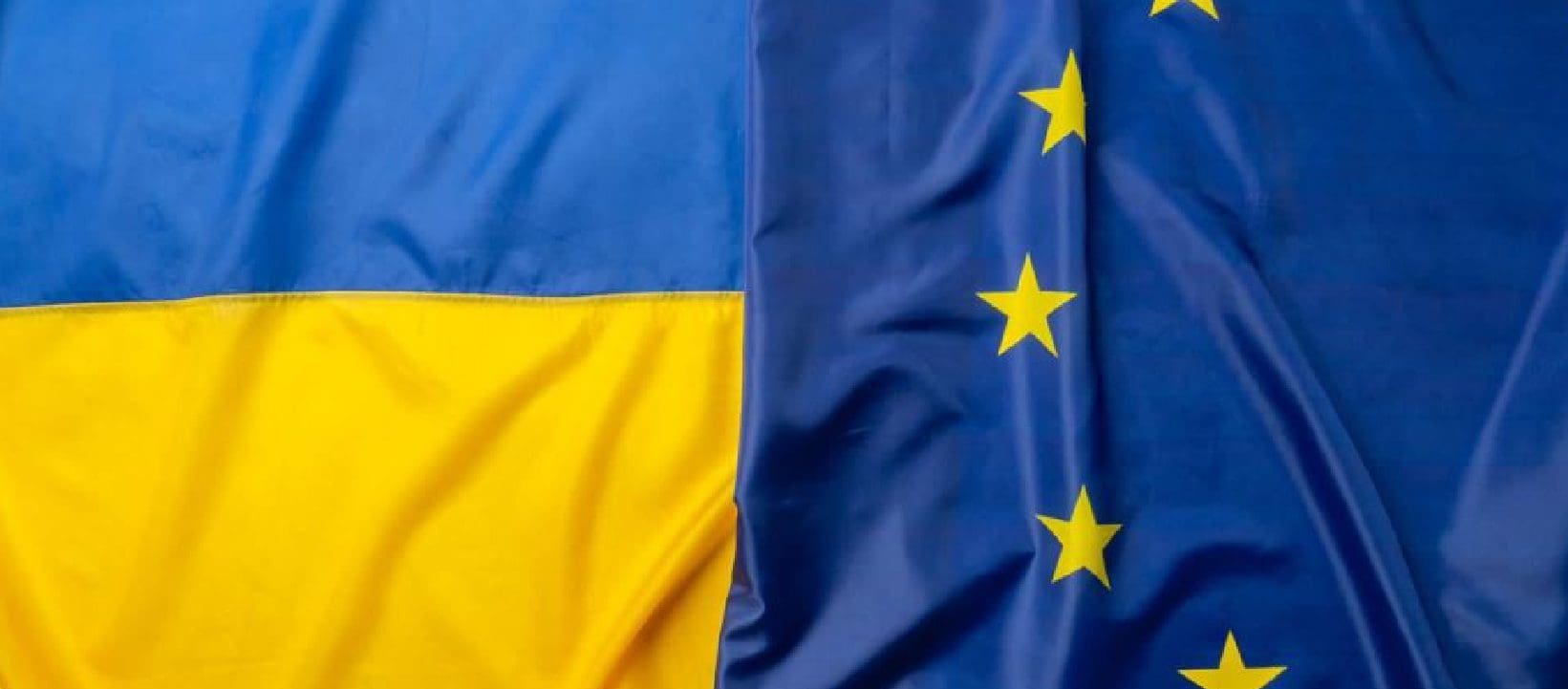
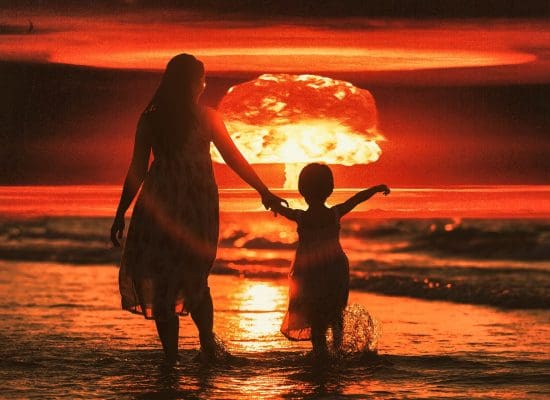
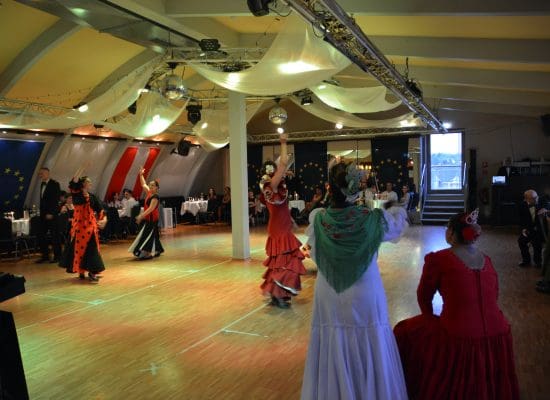
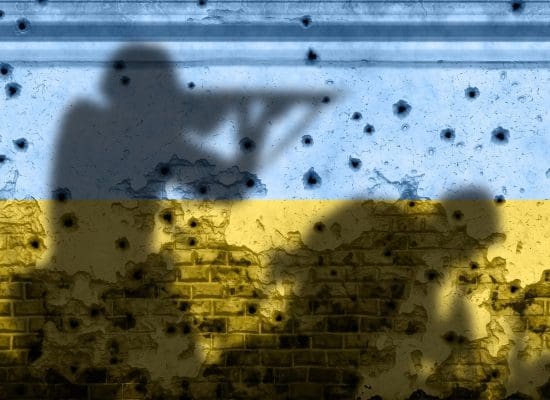
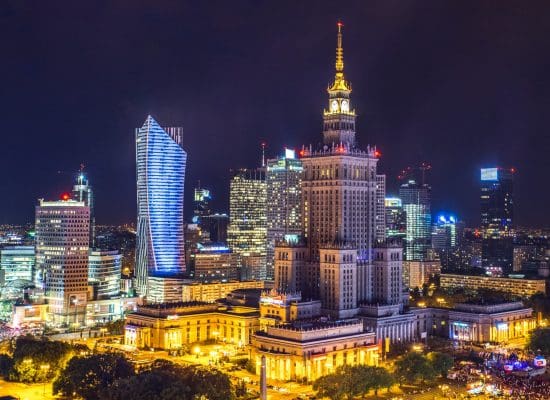
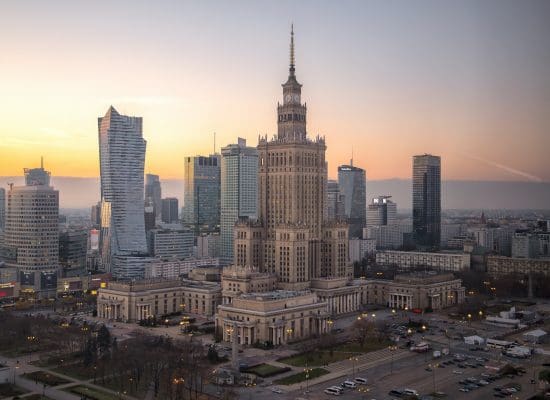


Some people who sign the manifesto are part of the inefficiency of the EU.
I have found an article in ET that I want to leave as a comment
[already a dead link on September 2, 2022]
Javier, I totally agree with you on that. A federal state is the prerequisite for a common European armed force. Without this, NATO is the only right thing. And with it NATO, a necessary expansion.